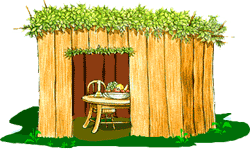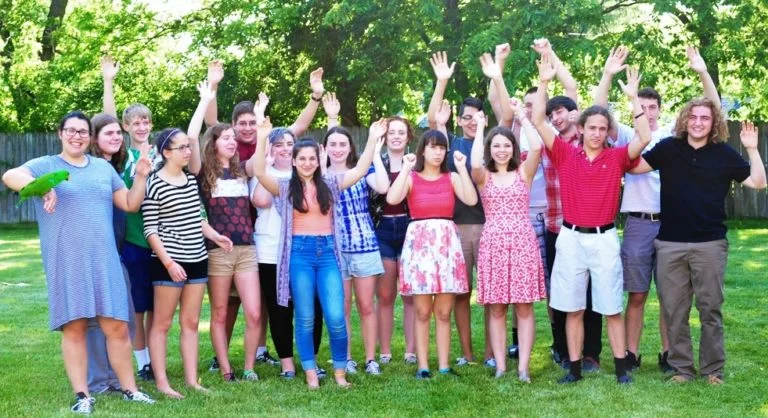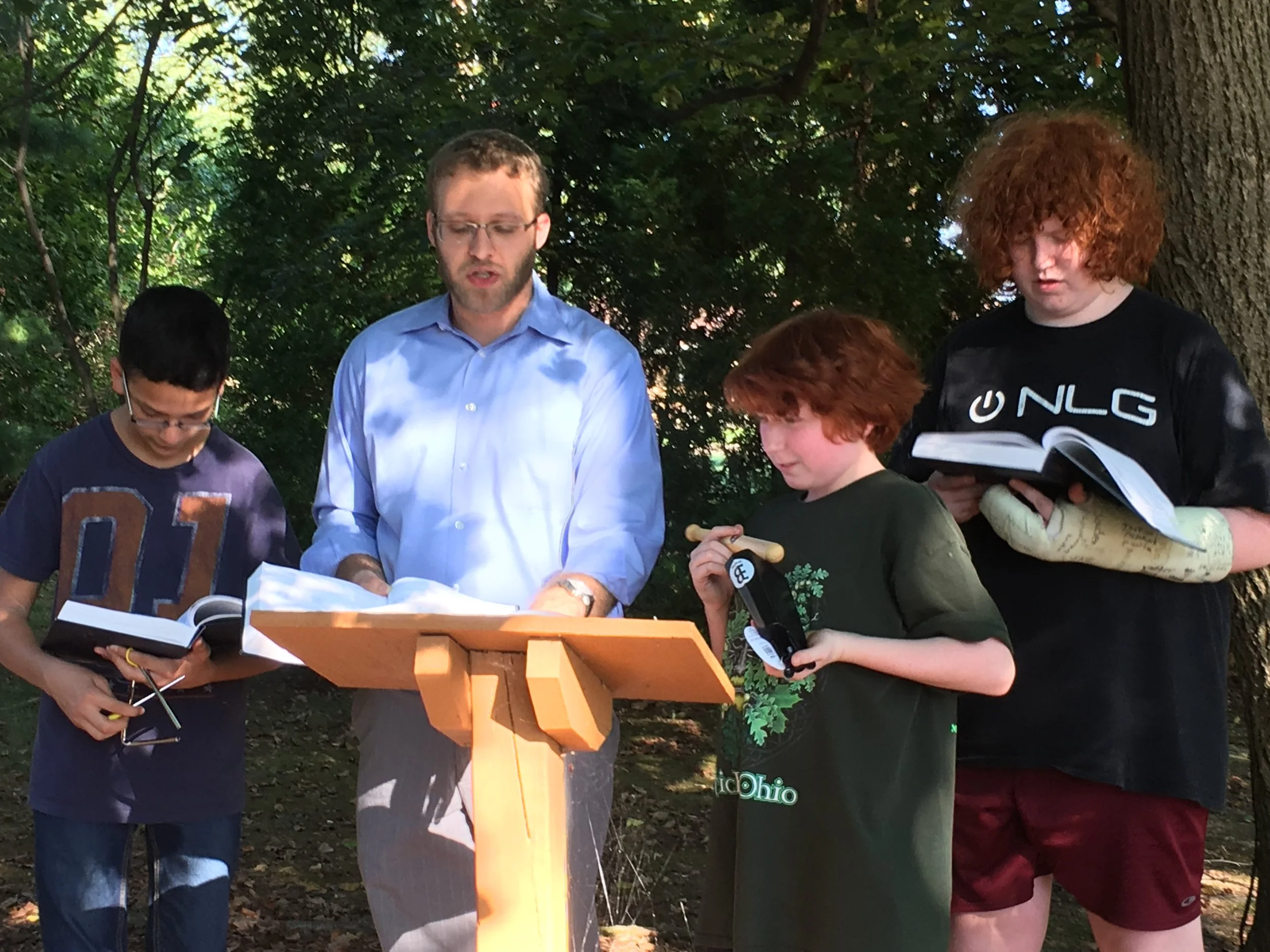Much as I love Makor and am a little sad to see it end each year—and I really, really do and am—even I must confess that I love the freedom and rest that a summer break provides. Though I’ll be sad to say goodbye to Makor for a few months, I will greatly appreciate getting a little more sleep each Sunday morning!
My own personal feelings about this imminent break notwithstanding, it is worth us recognizing how un-Jewish the idea of a summer break is….
Read More



















